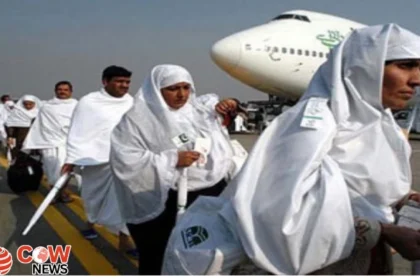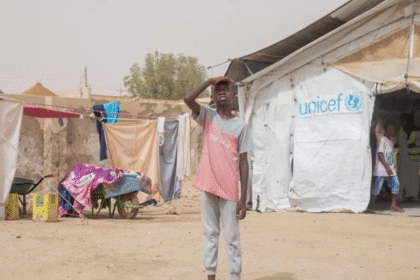JERUSALEM (TheCOWNews Digital) In a dramatic escalation of hostilities, Iran launched over 100 armed drones toward Israel in response to Israeli airstrikes on key Iranian nuclear and military facilities. According to the Israeli Defense Forces (IDF), all incoming drones were intercepted and neutralized before they could strike their intended targets.
Brigadier General Effie Defrin, spokesperson for the IDF, confirmed the attempted drone assault in a press briefing early Friday. “Iran deployed more than 100 UAVs (unmanned aerial vehicles) toward Israeli territory. Our advanced air defense systems successfully intercepted and destroyed them before they could cause any damage,” he said.
This retaliatory move comes just hours after Israel conducted a series of airstrikes targeting Iranian military infrastructure, including nuclear development sites and high-level military command centers. The strikes reportedly resulted in the deaths of several senior Iranian officials, including Iran’s Chief of Staff, the Commander of the Islamic Revolutionary Guard Corps (IRGC), and the nation’s Emergency Command Chief.
British media, citing Iranian state television, reported that among the dead were two prominent nuclear scientists: Dr. Fereydoon Abbasi, a former head of Iran’s Atomic Energy Organization, and Dr. Mohammad Mehdi Tehranchi, president of the Islamic Azad University in Tehran. Dr. Abbasi had previously survived an assassination attempt in 2010 linked to foreign intelligence operations.
The Israeli strikes were viewed by many as a preemptive move to disrupt what Tel Aviv alleges are Iran’s ambitions for a nuclear weapon. The IDF said the operation was “necessary for national defense and regional stability,” though it has sharply divided the international community.
Iran’s drone retaliation, though intercepted, marks a significant shift in its military response posture. Unlike past operations, which were often limited to proxy actors or cyberattacks, this direct attempt at a swarm-style drone assault suggests a broader strategy and higher stakes.
Israel remains under a nationwide state of emergency. Civil defense authorities have issued public safety alerts advising citizens to remain close to bomb shelters. Security has been tightened around sensitive locations, including military bases, energy facilities, and diplomatic missions.
Meanwhile, Iranian leadership has remained largely silent following the failed drone strike. However, military officials have hinted that further retaliation is under consideration. Reports from Tehran indicate that the country’s armed forces remain on high alert and that missile units have been repositioned.
The international community has expressed deep concern over the rapidly deteriorating situation. The United Nations has called for an emergency session to discuss the crisis, and diplomatic efforts are underway in European capitals to de-escalate tensions before they spiral into an all-out regional war.
With both nations sustaining significant losses — Israel from the attempted drone onslaught and Iran from precision airstrikes on its key personnel and facilities — analysts warn that the conflict is entering an unpredictable and dangerous new phase.







